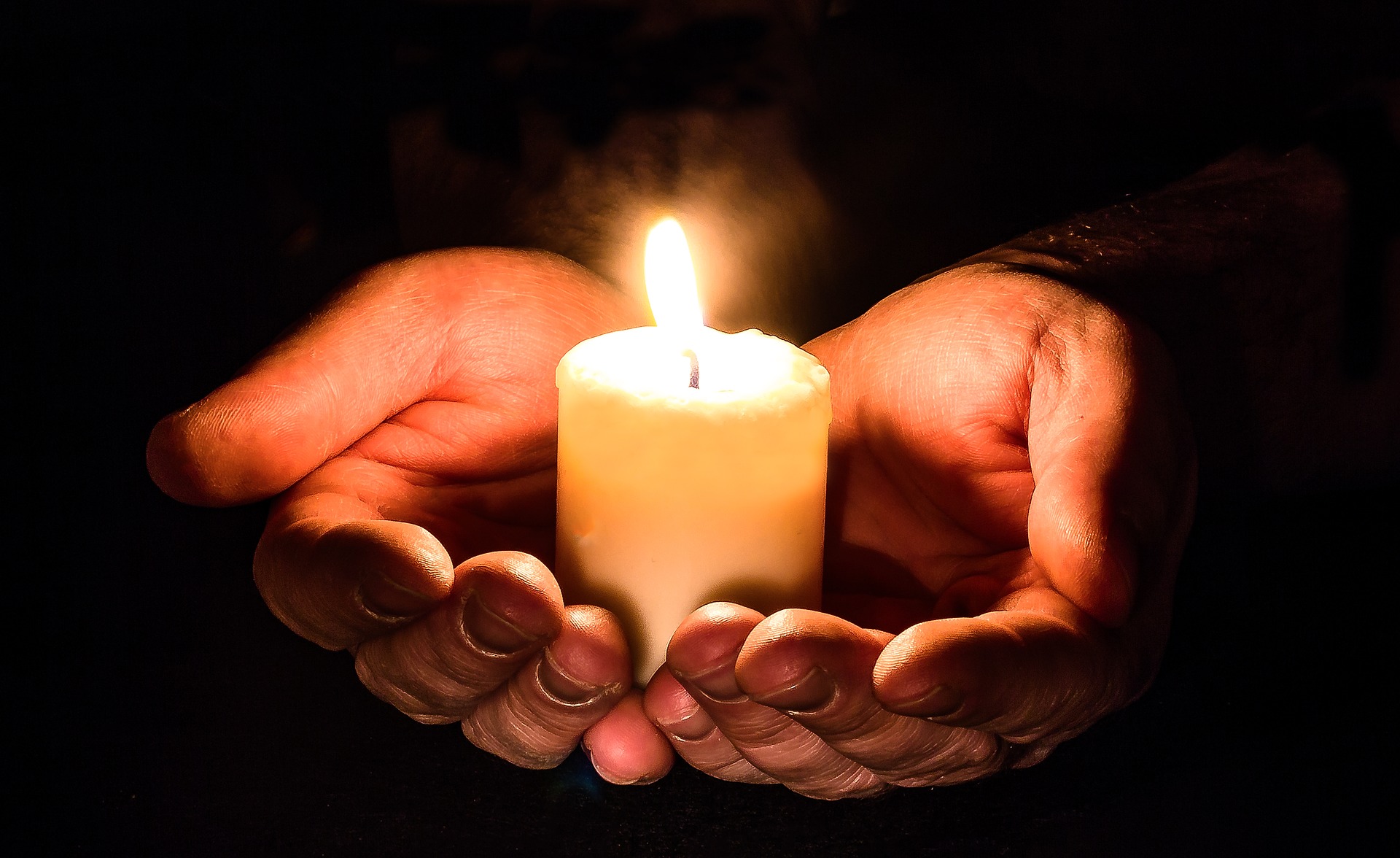By: Rachel Wernicke, Ph.D., Associate Dean and Chief Mental Health Officer, University Life, George Mason University
The COVID-19 pandemic has taken a toll on our mental health. Here’s how to talk about it, and manage our feelings, for greater well-being.
“Life’s beauty is inseparable from its fragility.” ― Susan David, Emotional Agility: Get Unstuck, Embrace Change, and Thrive in Work and Life
How often, in our casual conversations with colleagues and acquaintances, do we hear the question “how are you?”, and provide a candid answer? It is increasingly common now to hear or provide an authentic response rather than a pat reply. More of us are sharing the strains or traumas of the last year and a half, in part because we know that to deny these would sound and feel disingenuous. Many people are also seeking to feel less alone by talking about the experiences of burnout, anxiety, and depression.
Reports of increased levels of burnout and stress have repeatedly made the news. As Anne Helen Peterson writes in the Washington Post, “workers are burned out at their jobs, parents are burned out at parenting, and pretty much everyone is burned out on hearing about the coronavirus”. Organizational psychologist Adam Grant wrote a compelling and widely cited article in the New York Times this spring about the pervasive experience of “languishing” during the pandemic, which he described as the “neglected middle child of mental health” – not flourishing but not mental illness. And there are numerous reports of worsening mental health in individuals of all ages. More than 42% of people surveyed by the U.S. Census Bureau in December 2020 reported symptoms of anxiety or depression, which was more than triple what was reported the previous year.
How to Manage Uncomfortable Feelings
Although the introduction of COVID vaccines and the subsequent drop in infection rates brought hope and allowed us to enjoy the pleasure of social proximity for a while, Stacey Colino of the Washington Post reports that the rise of the delta variant has renewed feelings of fear and underscored our exhaustion from anxiety. She writes that other common responses to the new viral surge include feelings of helplessness, frustration, and anger. In her interviews with mental health professionals from across the country, she gathered recommendations for managing uncomfortable feelings. Some examples include:
- Practicing acceptance of our emotions: When we acknowledge and accept all of our feelings including the “negative” ones, then we normalize them and make it easier to tolerate them.
- Sharing our feelings with others: Although it is not useful to ruminate about uncomfortable feelings, it is helpful to talk about them with trusted friends. And when we need to spend more time with our feelings, we can write about them or explore them with a counselor.
- Focusing on what is possible: It can be tempting to dwell on all of the things that we cannot do. However, it is more helpful to acknowledge missed experiences and look for the opportunities that our current situations bring.
I would add that we can pay attention to the stories that we tell ourselves about our lives and notice if the stories are helpful or accurate. If needed, we can work to change our mindset, or we can practice noticing how strongly we are attached to unhelpful perspectives and learn ways to loosen those attachments. Cognitive behavioral therapy and mindfulness meditation are two ways to acquire these kinds of skills.
Finally, as we do our best to support our personal well-being, we can be conscious of the fact that some people hold feelings of desperation or hopelessness that put them at risk for suicide. September is National Suicide Prevention Awareness month. The American Association of Suicidology has created a campaign to help us understand that we can contribute to suicide prevention in simple ways every day. In their words, kindness is suicide prevention. Sharing and giving hope are suicide prevention. Empathy is suicide prevention.
This fall, as we ask ourselves and others how we are doing, perhaps we can create more space for our full, authentic, human responses. We may feel validated and less isolated, and we may save lives.
Additional Resources
Well-Being and Mental Health Resources:
- Center for the Advancement of Well-Being: https://wellbeing.gmu.edu/resources/
- Counseling and Psychological Services (for Mason students): https://caps.gmu.edu/
- Anxiety and Depression Association of America: https://adaa.org/
- Mental Health America: https://www.mhanational.org/
Suicide Prevention Resources:
- Suicide Prevention Lifeline: https://suicidepreventionlifeline.org/
- Crisis Resources for Veterans: https://www.veteranscrisisline.net/
- Crisis Resources for LGBTQ+: https://www.thetrevorproject.org/about/
- Crisis resources for BIPOC young people: https://www.stevefund.org/crisistextline/
- Crisis resources for the trans community: https://translifeline.org/about/
Write one of these Thriving Together Series features! We’re looking for contributions on all topics related to well-being. Read other Thriving Together Series articles here and contact us at cwb@gmu.edu for guidelines. Thank you for helping our Mason community thrive together online!






















